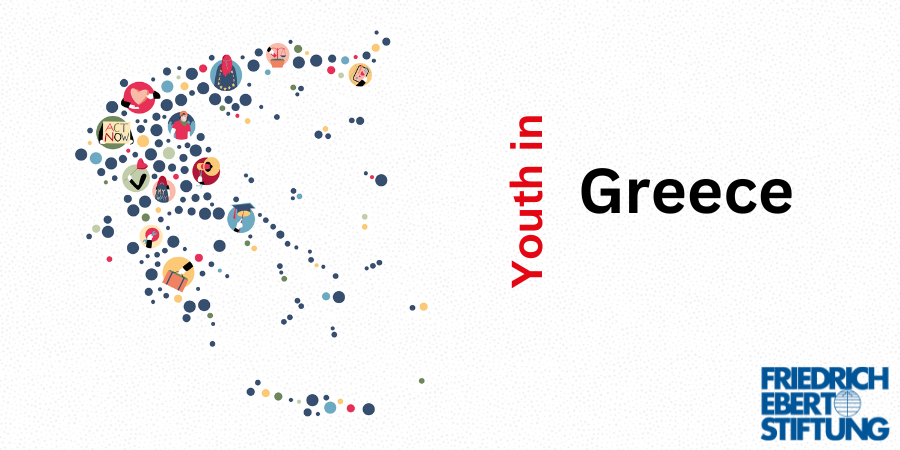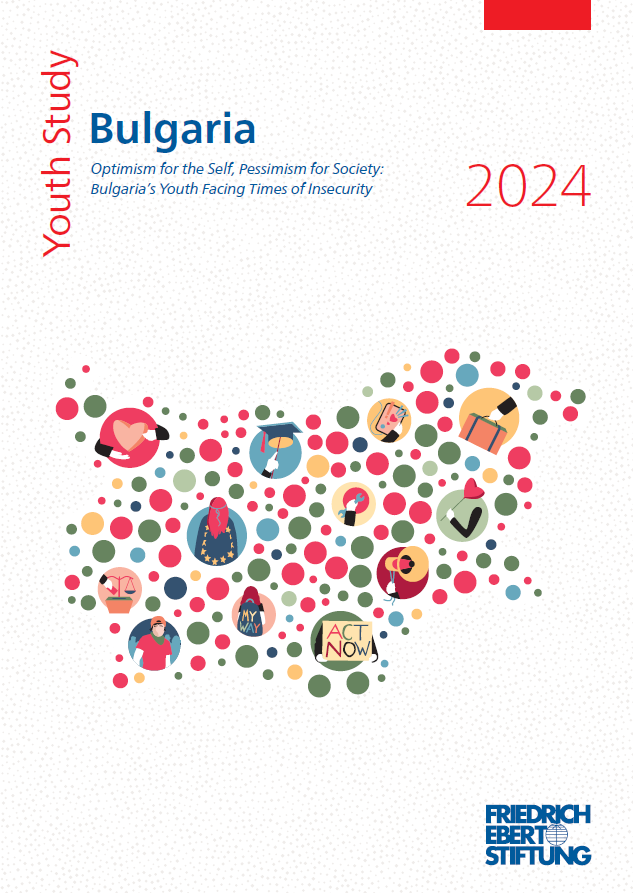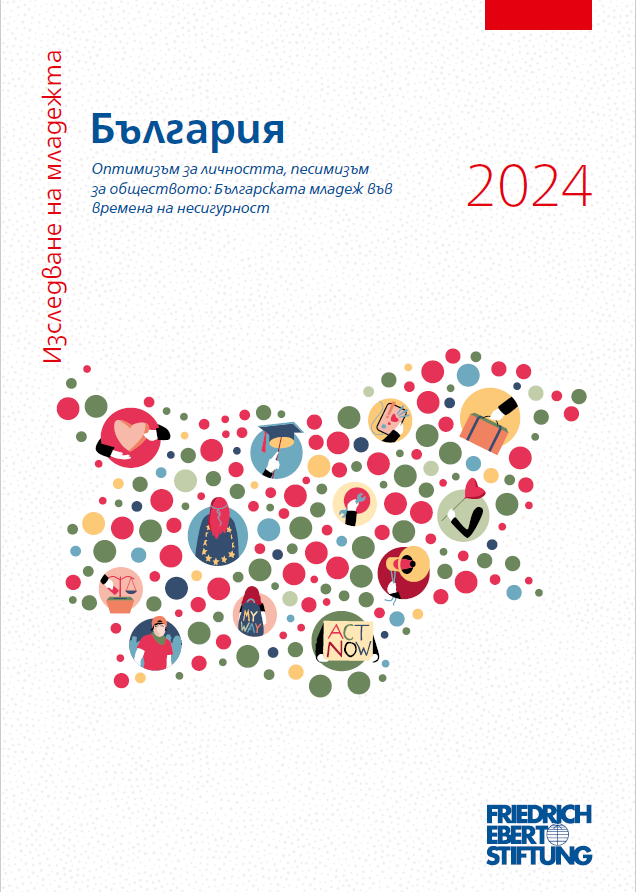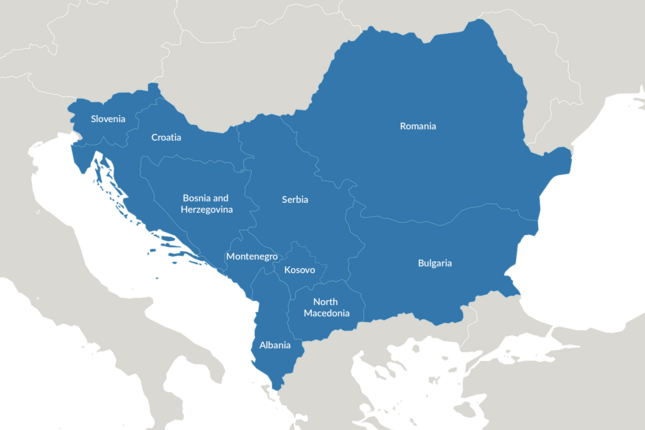
Low Trust in National Government as Greek Youth Lead Protests on Train Crash Anniversary
As Greece experienced widespread protests on the second anniversary of its deadliest train crash, data from Friedrich Ebert Foundation's Greece Youth Study 2024 reveals an overall crisis of trust in national government among young Greeks. The findings provide additional context for the recent demonstrations, where hundreds of thousands of Greeks joined nationwide strikes and protests, with young people playing a prominent role in demanding accountability for the 57 lives lost in the February 2023 disaster.
Greek Youth Show Moderate Government Distrust in Regional Comparison but Low Trust Overall
Analysis shows that young Greeks (aged 14-29) express moderate levels of distrust in their national government compared to other countries in Southeast Europe, with 36.65% saying they do have no trust "at all" and another 22.20% expressing only "a little" trust. This combined 58.85% negative sentiment places Greece roughly in the middle of the region, with countries like North Macedonia (71.08%), Bosnia and Herzegovina (70.33%), and Serbia (67.34%) showing higher distrust levels, while others like Kosovo (33.26%) and Montenegro (43.90%) display lower rates. Nonetheless, the overall levels of trust are rather low, with less than a fifth (17.95%) having "quite a lot" of trust or "fully" trusting the national government in Greece.
Perceived Political Representation Directly Correlates with Government Trust
Looking into what predicts well the levels of trust in the national government, we unsurprisingly find a strong relationship between how well young Greeks believe their interests are represented in politics and their trust in the government. Among those who feel youth interests are "not at all" represented, a overwhelming 74.58% have no trust whatsoever in the national government. In stark contrast, young people who believe their interests are represented "very well" show dramatically higher trust levels, with 54.52% trusting the government either "quite a lot" or "fully."
This correlation helps explain the intensity of the current protests, where young people have been at the forefront of demonstrations calling for a parliamentary inquiry into political responsibility for the train disaster. Despite Prime Minister Kyriakos Mitsotakis's statement that his government would work to modernize the railway network, a state inquiry released just one day before the protests found that safety gaps that caused the crash have still not been addressed two years later, likely further eroding trust.
Implications for Governance and Youth Engagement
The data places Greece's youth trust issues within a broader regional context of democratic skepticism. Only Kosovo and Montenegro show more balanced trust levels, with every other surveyed country showing majority distrust. This clearly shows that the widespread lack of confidence in national governments among youth in Southeast Europe is not restrictied to Greece and suggests deeper structural challenges to democratic governance throughout the region. However, for policymakers in Greece, these findings highlight the need to address both the immediate concerns around the train disaster investigation and the broader crisis of youth political representation. The data suggests that meaningful inclusion of youth in political processes would be a promising pathway to rebuilding trust.
About the Data
This analysis draws from the Friedrich Ebert Foundation's Greece Youth Study 2024, examining views on society and politics among youth aged 14-29. It is part of a broader research initiative across 12 Southeast European countries.
Publications
Coming soon: Youth Studies Bulgaria 2024 in English and Bulgarian
Youth Study Bulgaria 2024

Изследване на младежта България 2024

